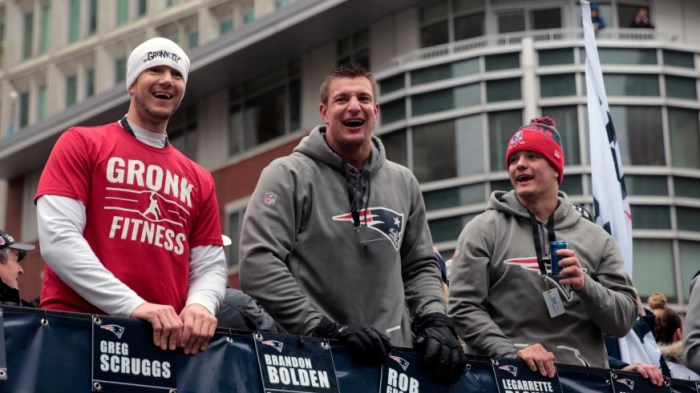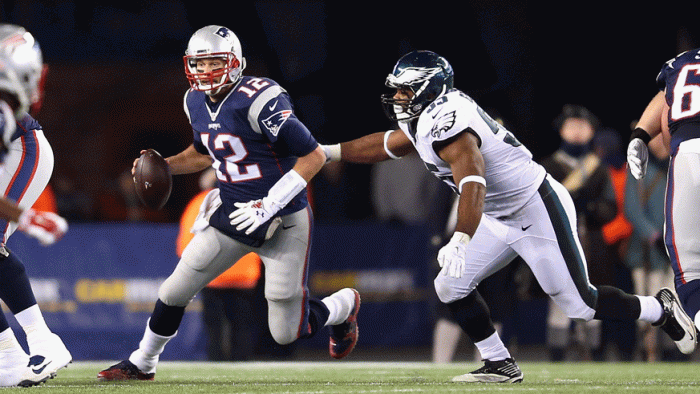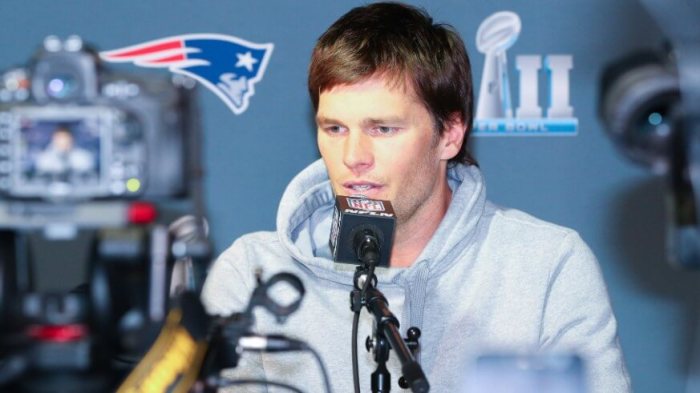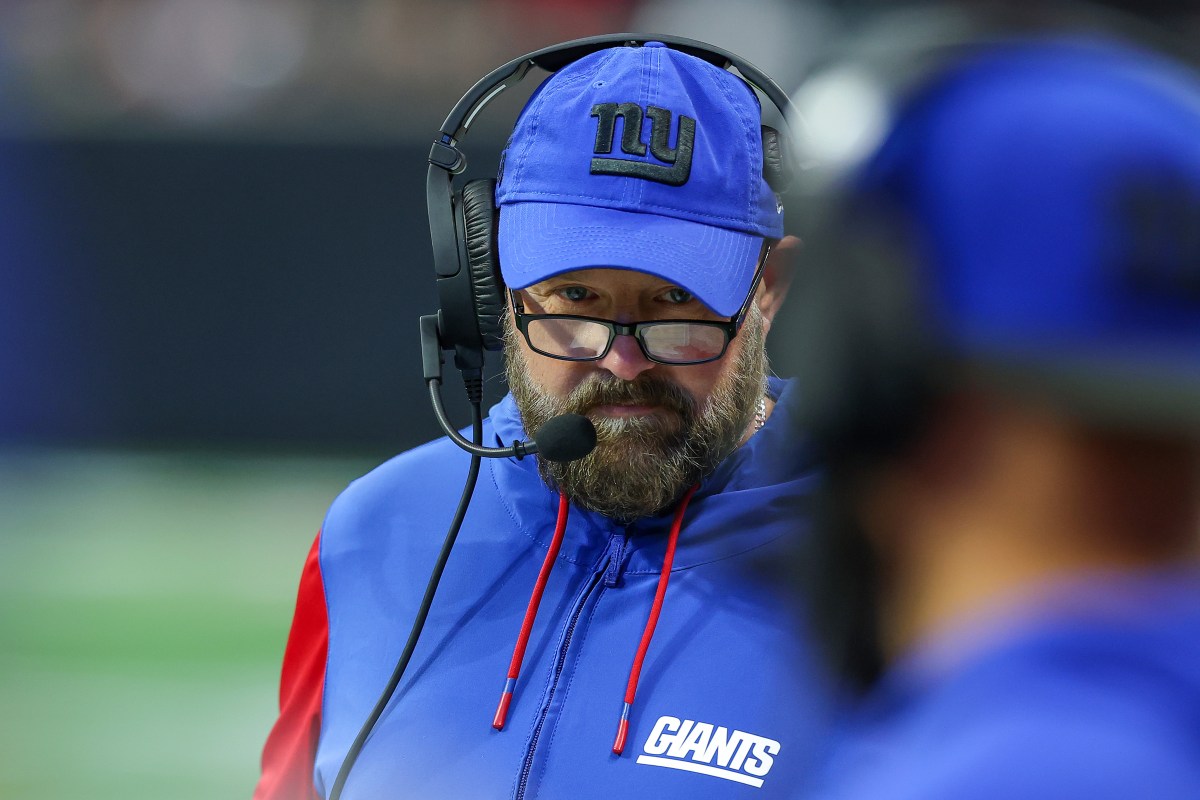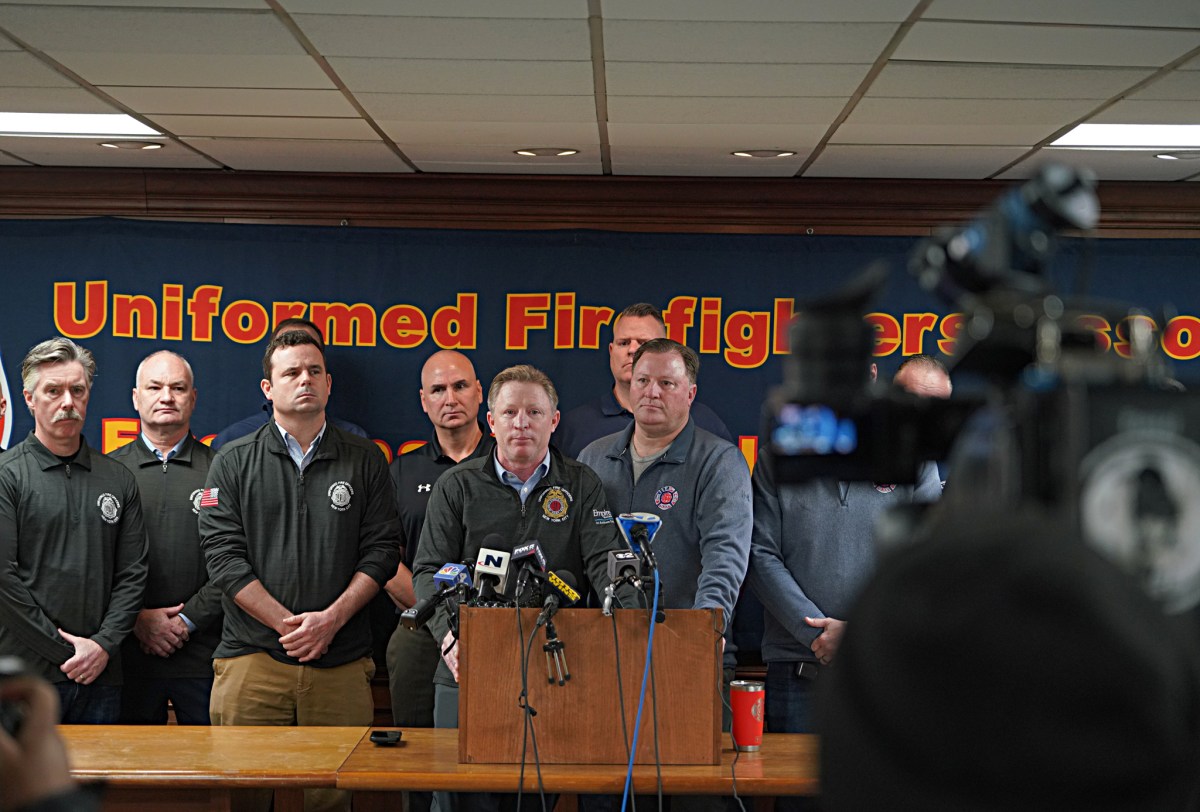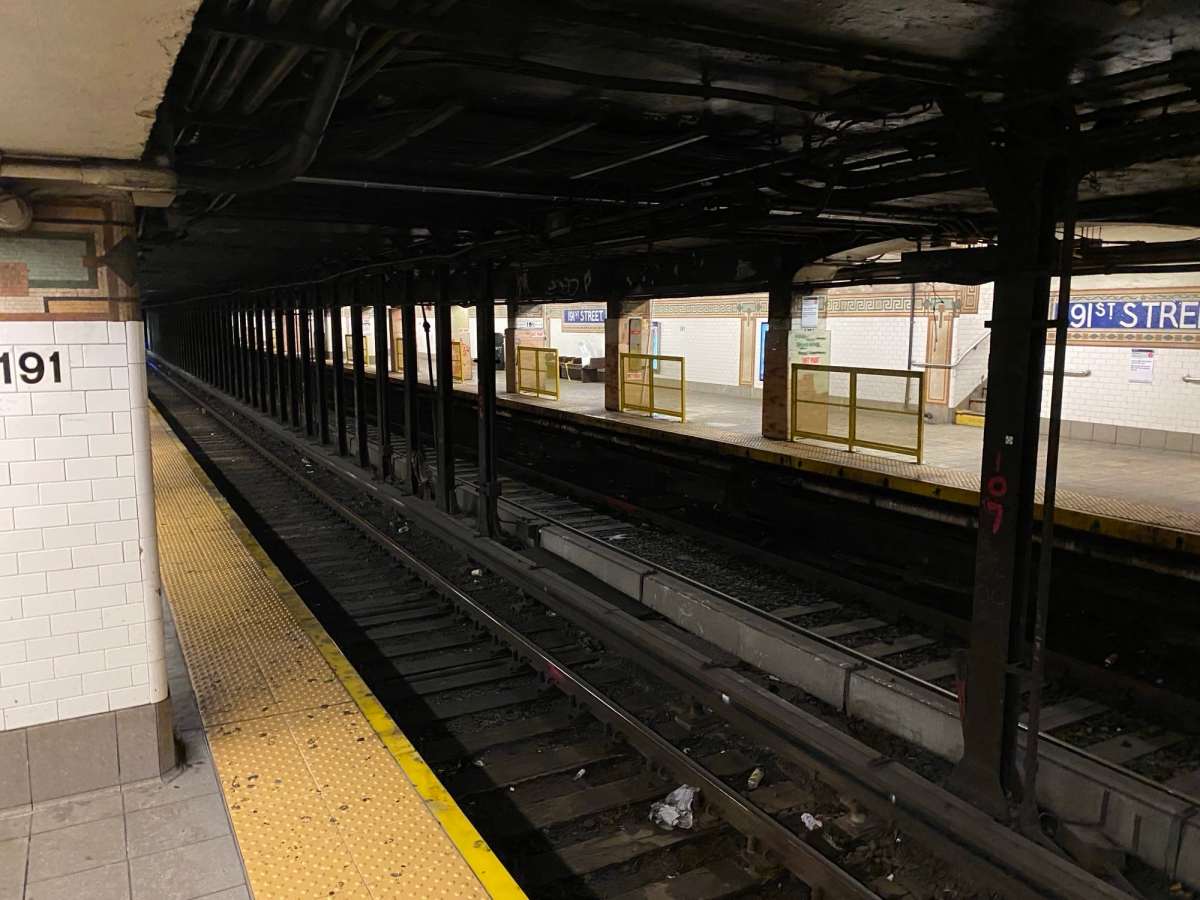Three things we learned from the Patriots absolutely unreal comeback Sunday night in Super Bowl LI:
1. This was the greatest Super Bowl ever played
Yeah, we seem to say that every few years when a moment of drama transforms early February on the NFL’s largest stage. But this was it, seeing as it was the first Super Bowl to ever go into overtime, never mind the epic comeback on the part of the New England Patriots, who fought back from a 25-point deficit to force an extra period and beat the Atlanta Falcons 34-28. It didn’t seem it would be this way at first, with many of us figuring the ’85 Patriots might have company with the worst performance in a Super Bowl covered for the franchise. That was thanks much to Atlanta’s defense, which was lights out in the first half, and indistinguishable in the second. According to ESPN Stats, Brady was pressured on 13 of 27 dropbacks in the first half. Prior to Sunday, he had never been pressured more than 14 times during a Super Bowl. Heck, the Patriots didn’t score a touchdown until 2:06 remaining in the third quarter (Tom Brady to James White). Then, the fourth quarter came along and delivered us one of the most hair-raising endings in Super Bowl — no, sports — history. Brady has five Super Bowl rings and is the Greatest of All Time. Period. Atlanta, well at least you have the…Hawks? 2. Patriots survived the turnovers
Before their amazing fourth quarter surge, Super Bowl LI might have forever been remembered for mistakes and missed opportunities, with two huge turnovers in the first half making the difference. While Patriots running back Dion Lewis was sitting on the sideline doing…nobody knows what exactly, LeGarrette Blount was the team’s featured running back, and it was mostly a disaster. Blount proved ineffective — and indecisive — on his first three carries, before a seven-yard gain at the end of the first seemed to prove the tide might have been changing. Oh, was it. Blount’s fumble, following a 27-yard gain between Brady and wide receiver Julian Edelman, gave the Falcons the ball at their own 29-yard-line, leading to a five-play touchdown drive capped off by a five-yard scamper by Atlanta running back Davonta Freeman. Then, down 14-0, it was Brady’s turn to transform into fan target for one of the few times in his career, when Atlanta cornerback Robert Alford intercepted the quarterback and returned the ball 82 yards for the Falcons’ third score of the night. That wasn’t the first sign that this wouldn’t be Brady’s evening, as he was sacked twice on the Patriots’ second drive of the night. He had been sacked only 19 times in 14 games all season to that point. The game would change. Just a bit. 3. Patriots figured out the defensive answer for the Falcons’ offensive machine
When he scored his second-quarter touchdown, Freeman was already having quite the night, with the score and 71 yards rushing. On six carries. It was the whole Atlanta offense that was unanswerable for the NFL’s No. 1 defense in terms of scoring. In the first half alone, quarterback Matt Ryan and the Falcons put up 14 points (seven more on the interception), with only 19 offensive plays for 189 yards (9.9 average). It was the kind of night that had defensive coordinator Matt Patricia scratching his head, or maybe fans scratching theirs wondering how the guy who many had praised as the secret ingredient of the coaching staff could allow a Super Bowl defense to get walloped like this one did. By the time Taylor Gabriel broke Malcolm Butler’s ankles for a 17-yard catch, leading to a 25-point lead, it had only helped turn another former Super Bowl hero into a major question mark about what went so wrong this time around. That’s when the Pats chipped away in a remarkable fourth quarter, giving us the Tom Brady we’ve been used to seeing in the game’s biggest moments.
Patriots overcome greatest deficit in Super Bowl history to beat Falcons
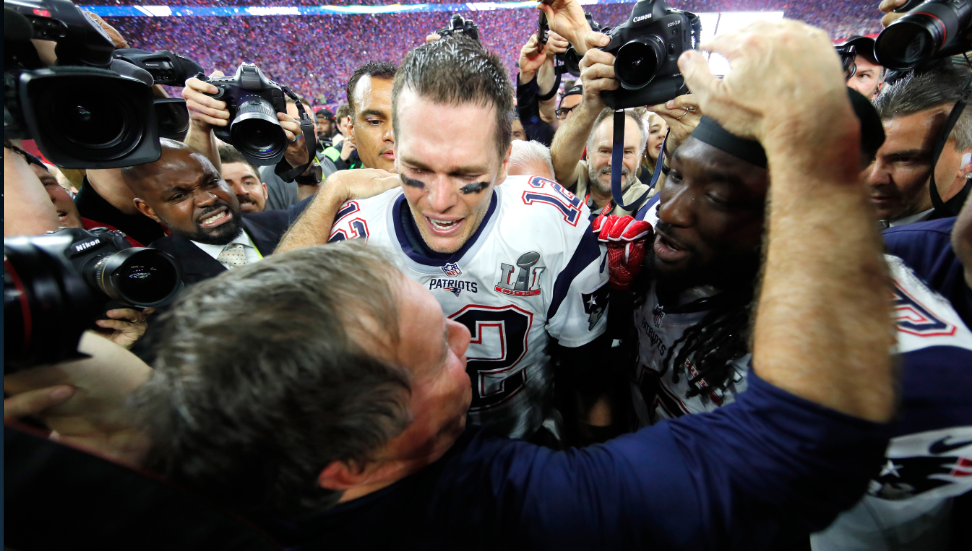
Getty Images

